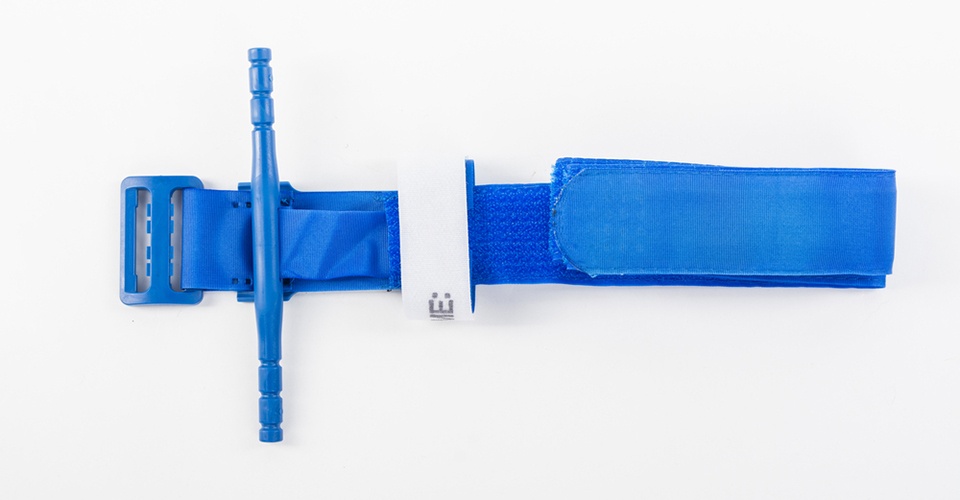Stop the Bleed, a national awareness campaign launched in 2015, was created to encourage bystanders to learn how to control bleeding. Now in its second year, the campaign seems more relevant than ever.
According to the Department of Homeland Security:
“No matter how rapid the arrival of professional emergency responders, bystanders will always be first on the scene. A person who is bleeding can die from blood loss within five minutes, therefore it is important to quickly stop the blood loss. Those nearest to someone with life threatening injuries are best positioned to provide first care. According to a recent National Academies of Science study, trauma is the leading cause of death for Americans under age 46.”
Recent events in the United States have demonstrated the importance of trained bystanders who are able to respond to a bleeding incident. An article in The Day describes several initiatives that may increase the availability of bleeding control kits and why bystander response can be so critical:
"With mass shootings on the rise, there's a nationwide effort to make bleeding control kits more widely available — in places such as sports stadiums, malls, airports and schools. A Connecticut trauma surgeon is pushing for car manufacturers to include these kits in every new car. And U.S. Sen. Richard Blumenthal, D-Conn., said he plans to introduce legislation related to the proposal."
The response to a bleeding incident may require the use of a tourniquet, an important component of a responder’s first aid kit, but one that can seem intimidating to the lay provider. In the “Control of Bleeding” section of ASHI and MEDIC First Aid training programs, the instructor demonstration for the skill includes direct pressure, pressure bandage and use of a commercial tourniquet. The demonstration of commercial tourniquet use is important to better familiarize people with them and to help overcome the fear and stigma associated with tourniquets.
It’s a skill that any trained bystander hopes they will never have to use, but a potentially lifesaving one should the need arise.
Interested in taking a first aid class? Find an ASHI or MEDIC First Aid Training Center near you and sign up today.








.png?width=600&name=HSI-CTA-EmergencyCareTraining%20(1).png)











Comments